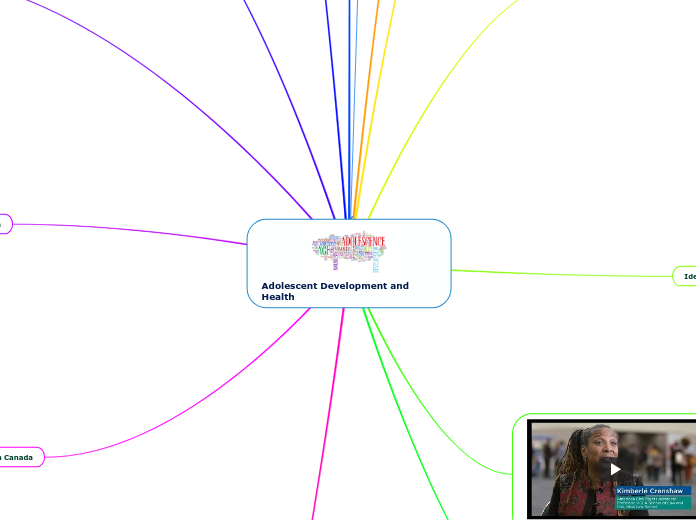
Adolescent Development and Health
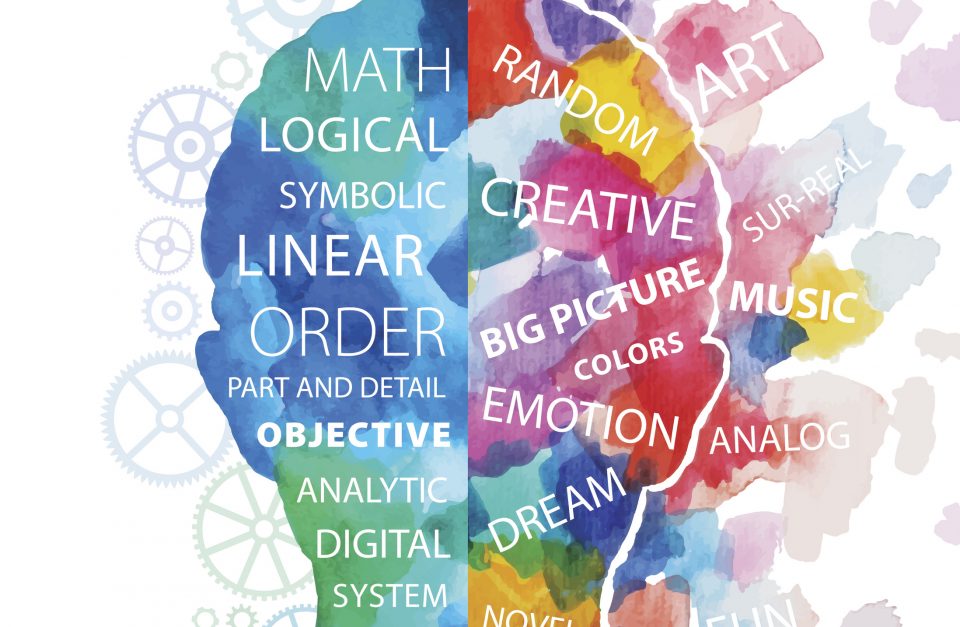
The teenage brain
Subtopic
The Mysterious Workings of Your Adolescent Brain
-Adolescence is the transitory period between childhood and adulthood.
-The brain continues to develop throughout adolescent the 30's.
-Generally boys go through puberty later than girls.
-Brian function depends on a person's environment.
-Synaptic pruning
The adolescent period is an opportunity for learning.
Inside your Teenager's Scary Brain
-Teens are moody and unpredictable.
-The brain goes through extensive changes during puberty.
-Drug experimentation can negatively affect their brains.
-Alcohol can cause permanent damage to the teenage brain.
-Teens benefit from good relationships with their parents.

On Adolescence and Developmental Assets
Digging into the Census Data
As students are approaching puberty, they become disillusioned and dissatisfied with the school system.
Identity shift: change in physical, cognitive, emotional and
social development. (Adolescence literacy Guide)
On Adolescence
-The changes in the body and the brain also bewilders the teen.
- Increase in depression, suicide and self-harm among 14-15 yrs old girl.
-Susceptible to extreme view because they are searching for their identity.
-Difficult for them to properly evaluate risk.
-This is the time of confusion and struggle with identity, gender, self-worth, exam performance, appearance, etc.
-Some girls internalize this tumultuous period, while some boys externalize it.
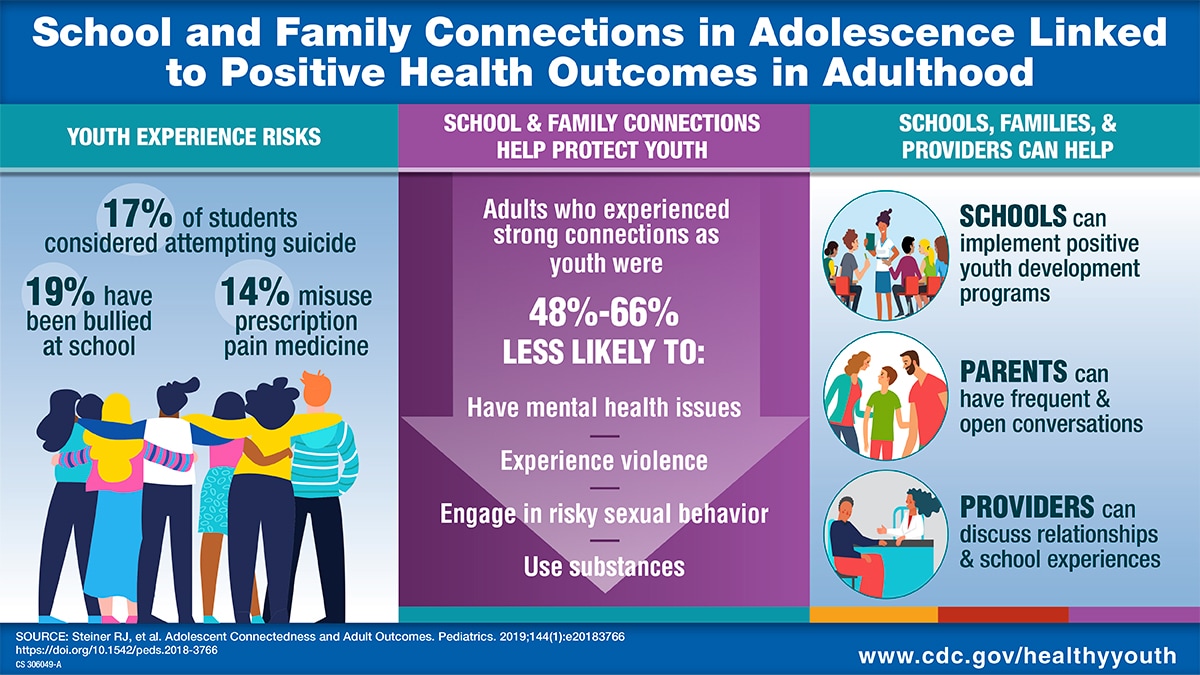
Subtopic
The Danger of the Single Story
The dangers of stereotype
The Danger of the Single story
Whether it is about race gender, identity or the adolescent period, we must be mindful that we don't have a narrow perspective on any one issue. Due to the adolescent period being so tumultuous, negative connotations can easily be attached to the child.
Identity And Development
Be mindful of one's power and privilege.
The Importance of Affirming Student Identity
-The school system is rooted in oppression and violence.
-Education is a colonial project.
-Identity is common factor of who is successful or not.
-Our identity shapes how we see the world.
-Racialized students are over represented in education gaps.
-Barriers can be created through good intentions.
(Chanicka)
Teachers should Positively affirm students' identity
(Chanicka)
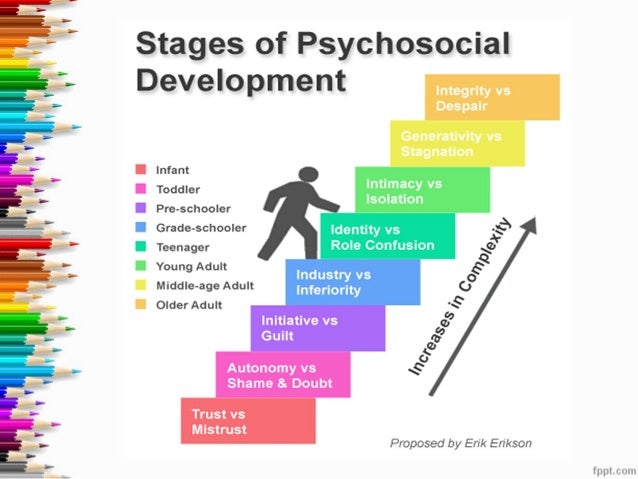
Erik Erikson 8 Stages of psychosocial development
Intersectionality
Culturally Relevant and Responsive pedagogy (CRRP)
-It is about understanding differences and complexities.
-Respect the experience and culture of all student, then use these resources for both teaching and learning.
-Appreciate the prior knowledge that students take into the classroom and incorporate that into the curriculum.
- All students learn different and this may be connected to their experience and culture.
Integrating Indigenous teaching and values into the classroom
Seven Living Principles
-Respect
-Love
-Bravery
-Wisdom
-Humility
-Honesty
-Truth
Newcomers Youth to Canada
-Some are dealing with the trauma of being in a new environment.
-Language requirement for schooling can also be a challenge.
-Experiences prejudice and discrimination.
-Unaware of social services that would help them bridge the gap.
-Torn between old nd new customs.
(Anisef & Kilbride, 2003)
How to Help Newcomer Youth
-Create a welcoming environment.
-Provide translators so that parents can communicate with the school.
-Greet children by their name and let them know that you see them.
-Do not anglicize non-English names.
-Become a community partner
-Mentorship program (buddy system)

Adolescent and sexual Health
-Politics is barrier to sound sex education.
-Ignorance around sex education is dangerous.
The Need for Sex Education
-Adolescents need good information to make good decisions about their sexual and physical health.
-Sex education reduces risky behaviors in youth.
-It reduces teen pregnancies and sexually transmitted diseases.
-Sex education must be LGTBQ+ inclusive to explain about gender, identity and give age appropriate health information.
-Homophobia can hinder students academic performance and destroy their lives.
-Youth with disabilities should not be excluded from sex education.
How to help
-Become an advocate for inclusive sex education.
-Create an environment that is not abusive and oppressive to students who identifies as LGBTQ+.
-Work to remove barrier that suppresses sex education.
-Use inclusive language.
-Use preferred pronouns.
Adolescents has the
-the right to determine their own identity
-Femininity is not below masculinity
-Recognize that there are more than two gender identity
Differences?
Remember the Golden rule
We are individuals but also belong to a socially constructed group (Sensoy & DiAngelo, 2012) .
Youth Activism
-Education is a political act.
-And it is a social justice tool
-School is the place where student practice to become active citizens.
-Teachers need to be effective facilitators.
-Teachers teach people and it should change the world for the better.
(Chaffe, 2018)
-
Teacher should understand that
-We are all connected, nothing happens in a vacuum.
-Link the issues in the news to the curriculum.
-Teach critical media literacy
-Do not silence student voices
Teach and support
Sense Of Belonging
Inclusive Design
-Looks for a way to include everyone
-Accessibility
-Language
-Honor names (pronunciation)
-Social Justice curriculum
-CRRP
Poverty and School
Children experiencing Poverty
1 in 5 student live in poverty
-They are more likely to perform poorly in school.
-They are more likely to experience physical and mental health issue.
-More likely to drop out of school
-Risk of criminal involment
-Food insecure
-Frequent absence
-Experiencing homelessness
These groups have higher rates of child poverty
-Indigenous children
-children of immigrants
- racialized children
- children with disabilities or with a disabled parent
- children living in lone-parent families
- children living in larger families (i.e., with three or more children)
How Educators Can Help
-Early childhood education is important.
-School breakfast program.
-Accessible literature on social services.
-Assign computer work to be completed at school.
-Maintaining strong relationships with families.
Mental Health

Youth Gambling
Is the action of putting up something of value to gain a
greater value.
-If you miss school or work to go gambling
-If you are concerned about the money you have lost but won’t stop, you have a problem
The role of the educator
- Provide accurate information about gambling
-Encourage prudent gambling behavior among students who choose to gamble
-Age appropriate intervention and prevention to strengthen coping and problem-solving skills
-Involve the parents when necessary
1 in 5 kids suffer from mental health issues.
-70% of mental health challenges begin in childhood.
Sign Of mental illness (if it is prolonged)
-Getting lower marks than before.
-Avoiding family and friends.
-Frequent outburst of anger.
-Changes to sleeping and eating habits.
-Increased risk-taking behavior.
Some disorder common among children
-Anxiety
-Attention-deficit hyperactivity disorder (ADHD)
-Depression and other mood disorder
-Schizophrenia
-Eating disorder
History of Indigenous Youth in Canada
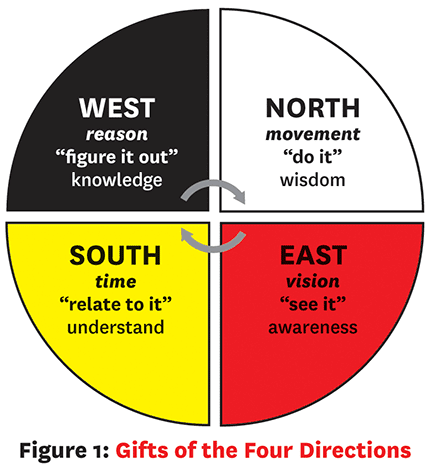
The Medicine Wheel
Three ways that indigenous education can be define as:
-Communal: where the community and the environment is the classroom.
-experiential: hands on, land based learning.
-Elder Transfer: knowledge passed on from the expert to the novice.
Always looks towards the student, never look away.
(Susan Dion)
The way of the warrior
-Indigenous Youth confront racism on a regular basis.
-Historical barriers are ignored and indigenous youth are blamed for their academic failure.
-Prejudice coming from the educator have a negative impact on Indigenous youth.
-To get through the Canadian school system, it is necessary for Indigenous youth to adopt a warrior mindset.
-They are ignored within the curriculum.
-Indigenous Youth should be incorporated within the Curriculum.
-Examine your bias and also that of the media.
-Beware of your privilege
-Listen to the students.
-Be an ally
-Listen to and take your cues from the community.
-Don't stand in the way of or direct Indigenous narratives.
Canadian Education is Steeped in Anti- Black Racism
-Violence toward black and other racialized children is normalized in Canadian schools and society.
-This ensure that black student remain invisible and only fulfil the curriculum requirement.
-There are criminalized and treated as superhuman beings.
-School is a place of degradation and severe harm.
-Black children are more likely to be disciplined.
(Maynard, 2017)
Streaming
-This is the process by which students are segregated according to their academic 'ability'
-It is rooted in oppression and classism.
-This is a legacy that Ontario still grapples with.
Adultification Bias:
This is when racialized children are
viewed as adults. They are either sexualized above their age or treated punitively.
:format(webp)/cdn.vox-cdn.com/uploads/chorus_image/image/45685866/Screen_Shot_2015-02-13_at_1.14.02_PM.0.0.png)
Microaggression
This is an indirect, subtle or unintentional discrimination of a marginalized group
"To be antiracist is a radical choice in the face of history, requiring a radical reorientation of our consciousness."
IBRAM KENDI

